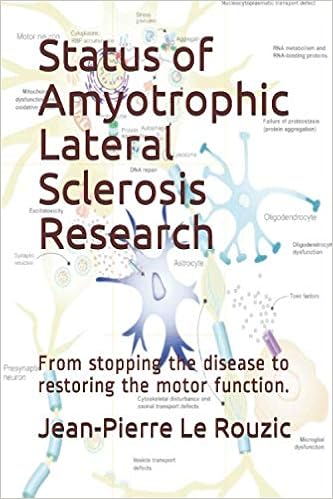Here is an interesting article, that reviews misfolded proteins in lungs. In our body, cells while available in ~200 types, share common characteristics, so it's not surprising that diseases that affect brain cells, also affect other organs. Misfolded and mislocated proteins are associated with most neurodegenerative diseases, yet we do not know if they are a cause or a consequence of the disease.
Lung disease is one of the leading causes of morbidity and mortality worldwide. Current studies show that although lung diseases possess unique pathophysiology and specific clinical manifestations, they still tend to exhibit common features, including accumulation of reactive oxygen species and disturbances in proteostasis leading to accumulation of unfolded or misfolded proteins in the endoplasmic reticulum (ER).
The article is not really precise on these disruptions of proteostasis, how they emerge, nor how they cause the accumulation of unfolded or misfolded proteins. One can however imagine that the long way by which a protein is elaborated and which by the making of a messenger RNA, its use by a ribosome (stuck to a membrane of the ER) to generate an unfolded protein, its folding in the ER then its dispatch in vesicles on the operating site by the Golgi apparatus, is susceptible to many malfunctions.
The cellular response to proteostasis dysfunction is called UPR. This is a set of poorly understood mechanisms that globally decrease the production of proteins for the duration of the stressful event, but whose involvement in neurodegenerative diseases is increasingly suspected.
In fact, decreasing the production of proteins does not really help the survival of the biological host of these cells, these proteins are necessary for life, and each is involved in all kinds of biological reactions. The triggering of UPR is therefore a guarantee of future health problems for the host.
When the adaptive unfolded protein response fails to preserve ER homeostasis, a maladaptive or terminal UPR is engaged, leading to disruption of ER integrity and apoptosis, referred to as ER stress.
ER stress primarily includes accumulation of misfolded and unfolded proteins in the lumen and disturbance of Ca balance. ROS mediate several critical aspects of the ER stress response.
Here the authors summarize the latest advances in UPR and ER stress in the pathogenesis of lung disease and discuss potential therapeutic strategies aimed at restoring ER proteostasis in lung disease.
Hopefully this kind of publication will help to cross-fertilize research in UPR mechanisms in brain diseases, and they may also help shed a new look on muscle wasting in ALS, not as a consequence of motor neuron disease, but as an independent event occurring in a more global context.
Read the original article on Pubmed
Contact the author of this blog post

